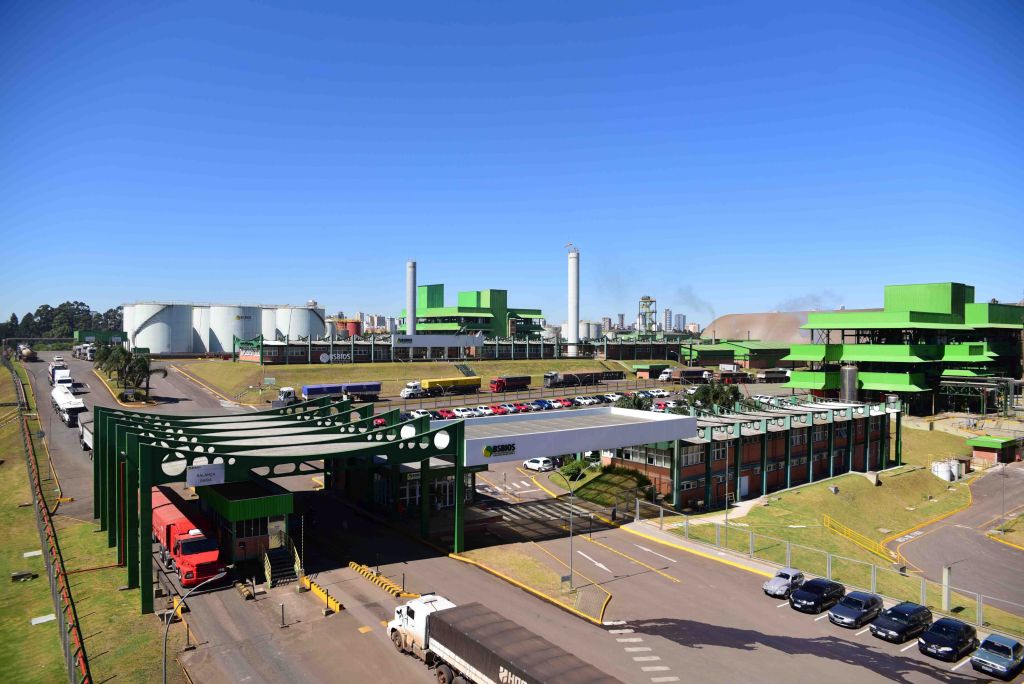These were difficult years after the pandemic, but the biodiesel sector remained convinced of its commitment to the energy transition, to the entire agribusiness production chain, to family farming, to the sustainable development of the national economy, to health and, above all, with Brazil.
As a true end-of-year gift, we received the decision from the National Energy Policy Council (CNPE) to increase the biodiesel mandate from the current 12% to 14% in March 2024 and to 15% in March 2025. At the same hearing , the Council was right once again to postpone the decision to allow the import of biodiesel.
It wasn’t an easy journey. We fight loaded with research, practical experiences, data, facts and convictions built on more than 18 years of history of using biodiesel in Brazil and around the world.
The truth is one: biodiesel is a winning product, with one of the most rigid manufacturing qualities, capable of fulfilling its role in the energy transition in the short term, without changing the engine or needing to invest in a new supply infrastructure, being used around the world to decarbonize transport with immediate results.
There’s more: biodiesel is produced from a strong link with family farming, generates employment, adds value to soybean production, benefits food production by offering bran for feed at a more competitive cost and uses used cooking oil and animal fat in one of the most vigorous examples of circular economy.
And this truth, which is so obvious, overcame the most varied campaigns of false information from sectors not committed to a more sustainable future, to life and to the transformation that saves people on this planet.
The CNPE decision puts biodiesel back on track by returning to the market the predictability that the industrial sector so desired. This was the message I took to the Council when presenting a target plan for the federal government.
Biodiesel once again occupies its rightful role in the energy transition process to meet decarbonization goals. The CNPE decision increases confidence to resume investments in the sector.
The fight now remains for the approval of the Fuel of the Future Bill, which will consolidate a legal framework that allows the advancement of various biofuels in Brazil and creates conditions to expand biodiesel exports, which will reinforce our industry, consolidating the country and South America as a reference in clean energy.
Instead of wanting to import biofuel, let’s export it!
I would like to pay special attention to the entities that represented the production sector, especially the Association of Biofuel Producers of Brazil (APROBIO) of which I am a member. I thank the Mixed Biodiesel Parliamentary Front and, on behalf of all the parliamentarians that make up it, its president, federal deputy Alceu Moreira.
Finally, I would like to give special thanks to the entire Be8 team who make this company a reference in clean energy in Brazil and the world. This achievement belongs to all of us.

